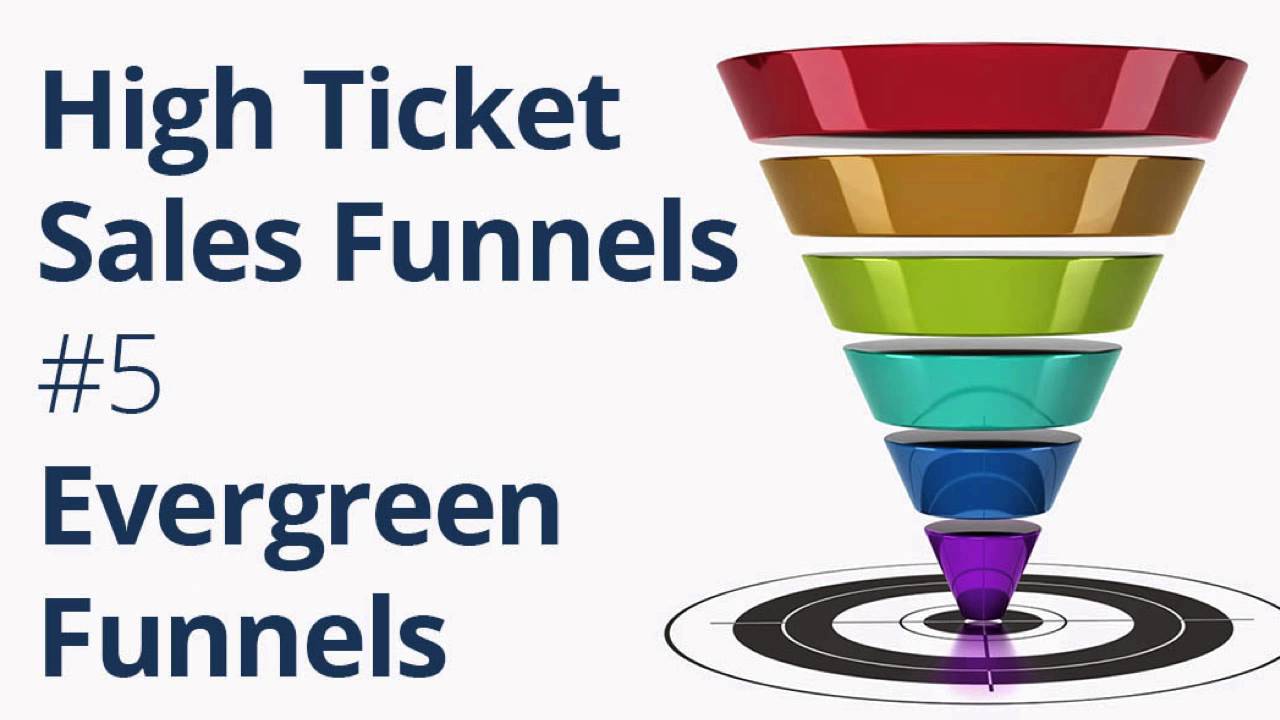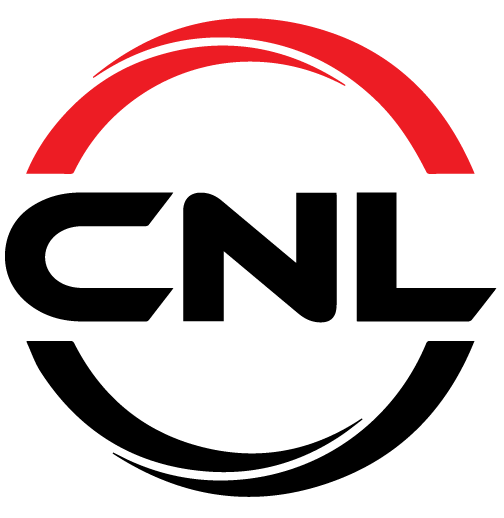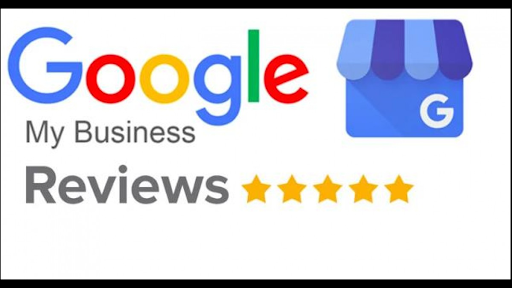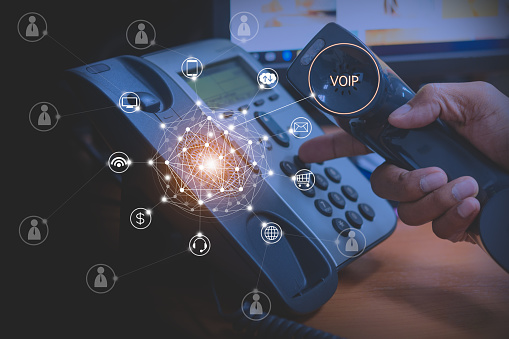
The closing of high ticket is a sales strategy that helps businesses sell premium products and services. These include international flights, vehicles, major appliances, and home renovations.
Buyer’s journeys are generally much longer with these kinds of purchases than with those under $100. They require multiple points of contact and an enormous amount of expertise from a sales professional handling the transaction.
The Psychology of High Ticket Sales
High ticket sales are notoriously difficult, and it takes a special skill set to close them. This type of sales requires a completely different strategy than lower-ticket sales, and it’s important to understand how high-ticket buyers behave before you begin working with them.
Unlike low-ticket sales, customers who purchase high-ticket items often have higher disposable incomes and have already done research on the products they want to buy. They also tend to be loyal and can provide referrals for your business.
This means that you need to build a reputation among your high-ticket leads before they make a purchasing decision. Whether this is through a targeted marketing campaign or through direct communication, it’s important to build trust and demonstrate the value of your product. You can do this by providing social proof, such as testimonials and case studies. This can alleviate objections and help potential clients feel confident about making a purchase. In addition, you should focus on customer service to ensure that the buying experience is positive and memorable.
High Ticket Closers Are Rutless
If you’ve ever tried to close a high ticket sale, you know that closing the deal isn’t as easy as sending an automated message or engaging in a meetup. It takes brute confidence and advanced sales skills to succeed as a high ticket closer.
The key to success as a high ticket closer is to understand your target customer and their needs. Once you’ve got that under control, it’s a lot easier to close a sale.
While this may be a difficult skill to develop, it’s essential for any company selling expensive products and services. High ticket closers have a unique skill set that can make or break their career. It’s not for everyone, but if you’re willing to work hard and be committed to learning, this could be the ideal job for you.
High Ticket Closers Build Relationships
Unlike regular salespeople, who focus on selling products and services, high ticket closers are more interested in developing long-term relationships with clients. Their goal is to help premium customers achieve their goals and satisfaction, without resorting to tactics that aren’t in their best interests.
To build these relationships, high ticket closers need to be well-empathic and understanding. They should be able to understand what matters most to the client and offer solutions to their problems.
They should also be persistent in closing their deals and overcoming challenges. These traits will allow them to close high ticket sales consistently and successfully.
They may work on their own or as part of a specialized team. These teams typically consist of a marketing person running campaigns, an appointment setter who does lead qualification and a closer who closes the sale on behalf of the company.
High Ticket Closers Are Knowledgeable
High ticket closers need to have strong product knowledge so that they can accurately address the needs of their customers. This is especially important for B2B sales.
They should also know how the product will benefit their client’s business. This will help them identify areas for improvement and increase their chances of closing the deal.
It’s also helpful for them to have experience with similar products in the market so that they can better understand their customers’ preferences and expectations.
A high ticket closer should also look for opportunities to show their customers how the product will benefit them in the long run. This might involve showing them how to save money or improve their productivity.
A high ticket closer should also ensure that they provide their clients with premium service and support throughout the sales process. This will maximize their customer happiness and foster trusting relationships.








